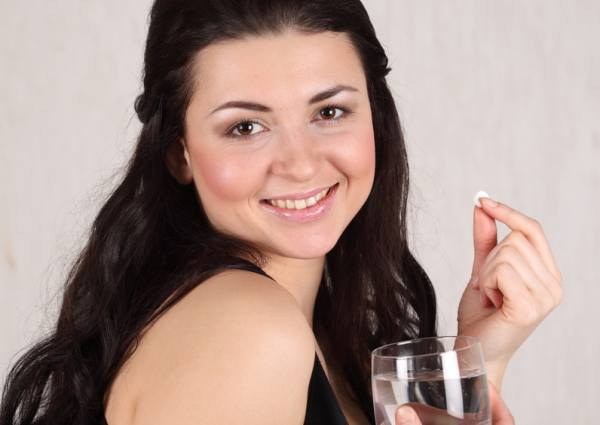Treatment of chronic cystitis
Chronic cystitis requires a comprehensive treatment: it is necessary not only to get rid of the signs of inflammation of the bladder, but also to eliminate the cause that caused it. To destroy the causative agent of the disease requires antibiotics. Self-selection similar drugs often does not lead to a cure, but can cause more resistant to antibiotic microorganisms, after which treatment the next urinary tract infection will take much more time and effort.
When the first symptoms of exacerbation of chronic cystitis, you need to contact a urologist. You will need to pass tests to determine whether lower abdominal pain and disorders of urination caused by cystitis, but not sexual infection or other disease. The research will identify the causative agent and define its sensitivity to antibiotics.
The choice of antibiotic and duration of treatment are determined by your doctor. In some cases, in addition to the reception of ordinary pills the urologist may prescribe instillation injections of antiseptics, antispasmodics and anti-inflammatory drugs into the cavity of the bladder to relieve pain and inflammation, reduce the amount of bacteria on the mucosa.
Non-pharmacological methods of treatment of chronic cystitis
Such methods of treatment of chronic cystitis, physiotherapy and herbal medicine, are used only in treatment of the disease. Physiotherapy and decoctions and infusions of medicinal herbs to help reduce inflammation, restore immune system, however, against bacteria they are powerless.
In the treatment of cystitis used electrophoresis, mud applications, the impact of electromagnetic fields of ultrahigh frequency (UHF-therapy) and other methods of physiotherapy.
In combination herbal medicinal products used for the treatment of inflammation of the bladder, consists of herbs with anti-inflammatory and diuretic action of cowberry leaf, "URSI, bearberry, corn silk, horsetail. Doctors recommend cranberry fruit drinks and jellies – cranberry has long been used to treat diseases of the urinary tract and bladder.
Of great importance is the diet for a period of treatment and for some time after, will have to give up salty, spicy, spicy food, preferring milk-vegetable diet. It is recommended to increase the amount of fluids you drink – this contributes to the natural mechanical irrigation of the bladder. It is desirable to increase the proportion of fiber in the diet, refusing from foods high in sugars and starches.
